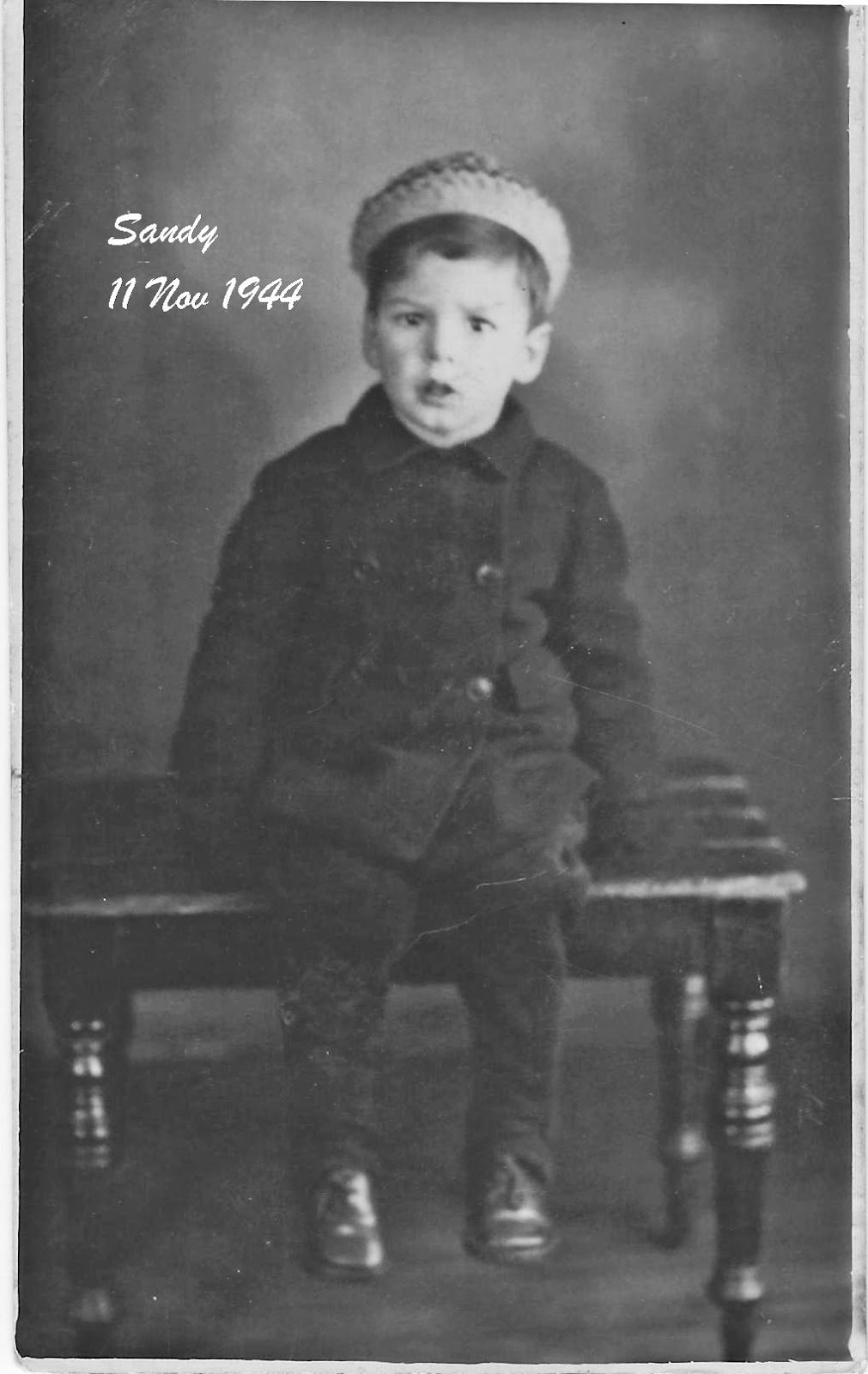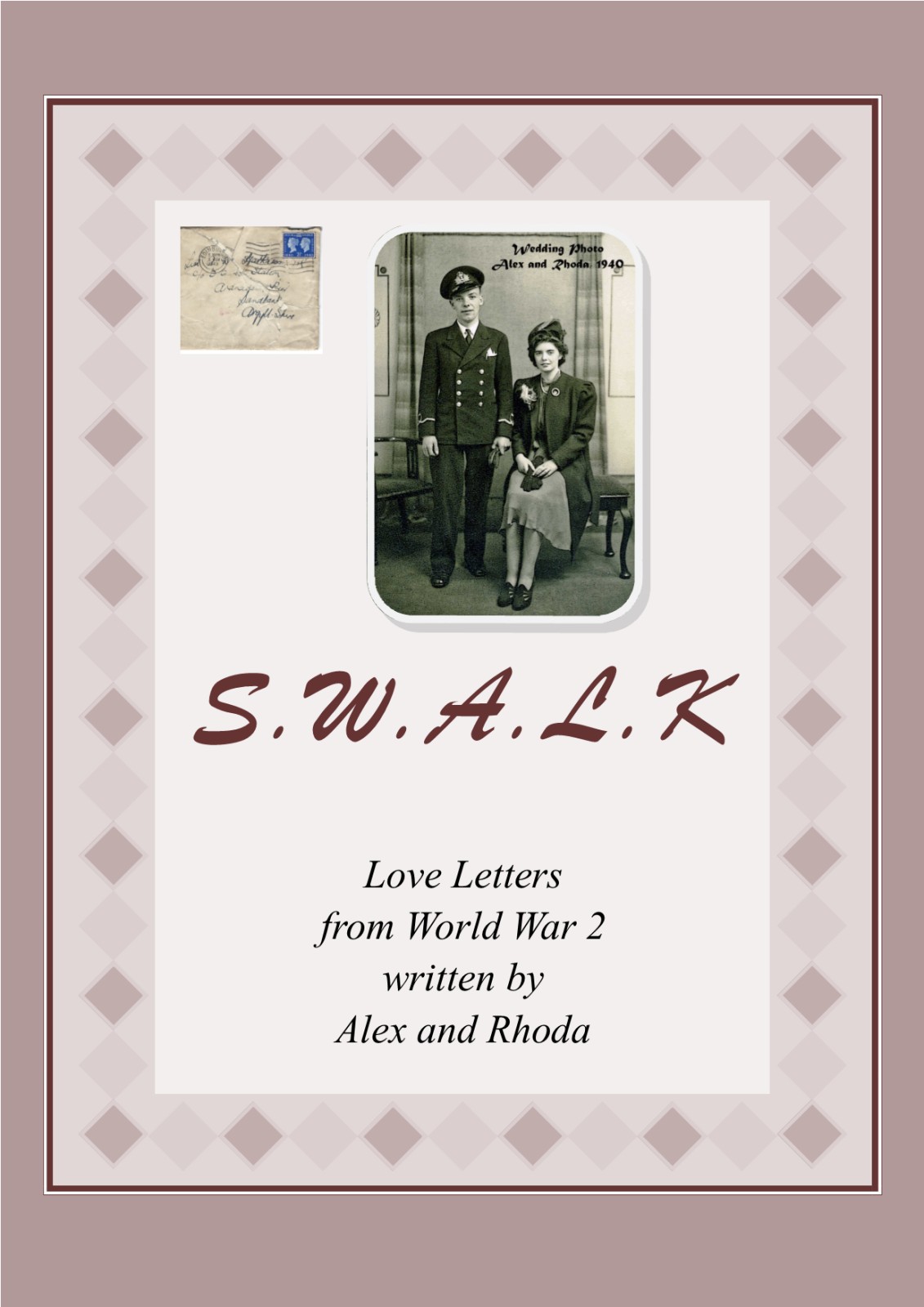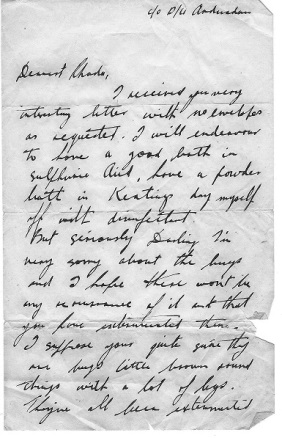In SWALK, we course through the different victory gardens that my mother and father have nurtured throughout the years. To read the full version of the letters, check out SWALK (Interactive version).
In all the homes we lived in: Woodbank, Dunoon, 3 York Avenue, 26 Hob Hey Lane (Culcheth, Lancashire), and 372 Mountnessing Road (Billericay, Essex), my mother would organise Victory Gardens1. Of course, my mother didn’t get involved so much in the ‘back gardens’ (vegetables); that was my father’s area. What she managed were the front gardens (flowers and grass lawn). In other words, digging up potatoes was not a ‘feminine’ pursuit. But I’m sure my mother was the driving force behind such endeavours.
Victory Gardens as a Moral Booster
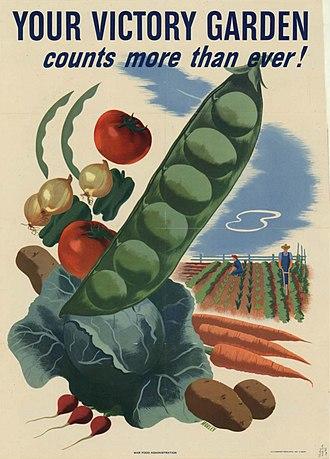
During World War II, victory gardens were food gardens planted in private residences with vegetables, fruits, and so on. Victory gardens, along with rationing stamps and cards, were some of the tools used by the government to reduce pressure on the food supply.
Besides indirectly aiding the war effort, these gardens were also considered a civil ‘morale booster’. Gardeners could feel empowered by their contribution of labour and rewarded by the produce grown. This made victory gardens a part of daily life on the home front.
Victory Gardens of Rhoda and Alex throughout the Years
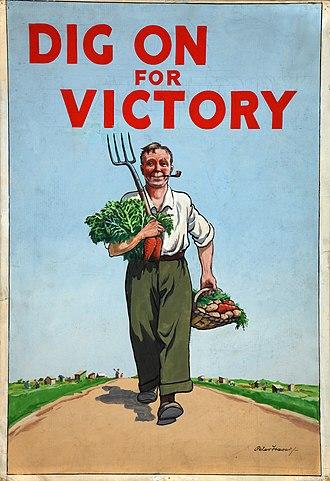
Victory Garden in Woodbank
My mother had a ‘victory garden’ at Woodbank, Dunoon, Argyllshire. She moved there to be near my father, who was stationed at Ardnadam Pier, Dunoon, Holy Loch. It emerges from the letters that she didn’t like her stay in Woodbank because of her landlady, Mrs Christie. Mrs. Christie was ‘spying’ on her and was stealing vegetables from the garden. My mother wrote:
“Mrs. Christie came down for the rent and the keys yesterday. We both had plenty of disputes, but I just told her where to get off. I’m glad to get away from Woodbank. I don’t feel as if I am being spied on every minute of the day! As soon as I had left Woodbank yesterday, there was a raid on our Garden. The Old Twister Christie and that aunt of hers, who is just as big a twister, lifted a lot of our onions and lettuce.
Mrs. McLaren told me when I went back to Woodbank at night for a case I’d left with her. I gathered all the broad beans and the French beans that were ready and took them with me, and also a few onions. As soon as you come back, we will go to Woodbank and lift every vegetable in your garden. I would rather throw them over the sea wall than any of that tribe getting their hands on them!”
In other words, this is of interest from several perspectives. Although this was the landlady’s ‘garden’, my mother and father had done the planting.
Clearly, my mother was a mentally strong woman, unwilling to see “the twister”, Mrs. Christie, steal her vegetables. She even wanted to enlist her husband’s help in claiming ‘her’ vegetables!
This, of course, is no surprise. When my mother was a young girl in the 1930s, she visited her family on the Isle of Eigg during the summer holidays. She stayed on farms that her uncle John managed, such as Kildonnan Farm. My mother also mentions elsewhere that Kildonnan Farm had won a prize for having the best vegetable garden, so she was probably well equipped to initiate such agricultural endeavours.
Victory Garden in the Home movie (1960s)
The movie also shows my mother is active in the front garden with a spade. My father is also active – indicated by his rolled up sleeves. The movie also shows a large white farm-gate. I had discovered this old gate in the bushes. My father retrieved it from the undergrowth and painted it white, so our semi-detached house started to resemble an Arcadian residence!
The post-war British ‘garden’ seems to fulfil several functions. It is a playground for the children – my cousin Gavin seems to be doing an imitation of a lady, holding a handbag while prancing lady-like around the front lawn. My aunt and uncle’s caravan is also parked gypsy-like on ‘derelict’ land in front of the garden.
Teenagers and Victory Gardens
But the point I have been labouring to make here is that when we were living in Billericay, Essex, in the 1960s, all of us boys were teenagers (apart from my younger brother, Gavin). Of course, teenagers in the 1960s were not interested in ‘victory gardens’, as vegetables were super-cheap at the supermarket. We were more interested in clubs and pubs, cars and motorbikes, and girls and whirls, and so on.
Alistair and I wanted to get out of the house at the weekend and go to the club and play snooker, darts or cards, or visit the betting shop to make a bet. We were certainly not interested in digging up potatoes in the back garden! Thus, my poor old father had a hard time enlisting our help for such ‘self-sustaining’ projects.
The Victory Garden Paradise
Some 10 – 15 years later, my parents managed to realise their ‘Victory Garden’ paradise at 26 Hob Hey Lane. They had blackcurrant bushes, potatoes, crab apples, rhododendrons, a rock garden, rhubarb, and so on (front and back gardens).
Decorative Gardens of the Upper Class
In this context, one can see connections between the post-war middle class homes, and the idea of self-sustainability promoted during the war, but also the idea of the decorative gardens of the upper class. Thus, the front garden with a lawn and flowers was some kind of poor imitation of the gardens of the aristocracy. The back garden, as mentioned, related to the ‘victory gardens’ of the war, but also the idea of growing one’s own food – a kind of peasant ideal of previous times.
Of course, a question that may be asked is why was ‘self-sustainability’ ‘hidden away’ at the back, while the decorative flower and lawn gardens, representing a kind of affluence, were at the front? This is not the case in the north of Norway, where I have seen potatoes planted in the front gardens in the town of Alta.
- This is edited from: https://en.wikipedia.org/wiki/Victory_garden ↩︎
